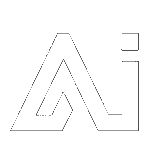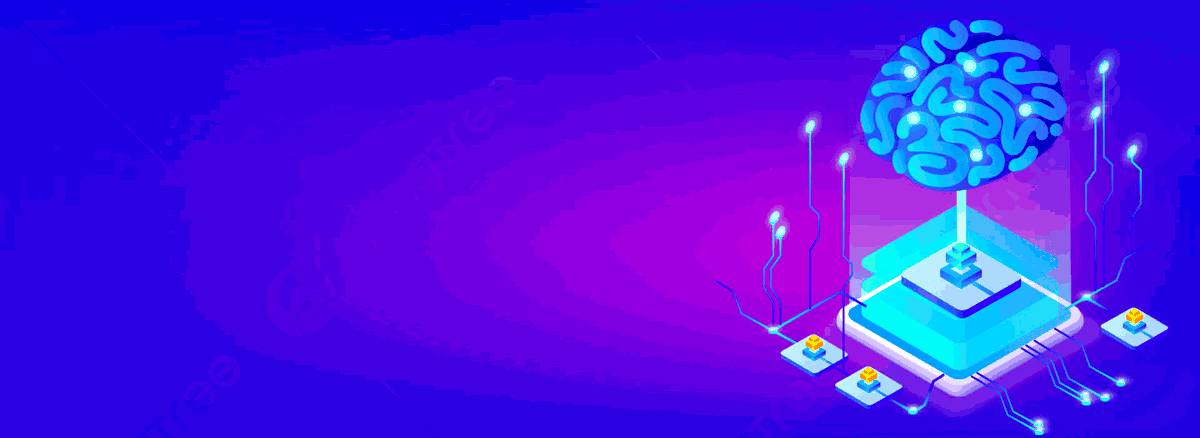We Help You Hire an AI Architect From South America
Choosing the right nearshore company to hire an AI Architect can be a time-consuming and frustrating process. For your role, you need an AI Architect who is smart, responsible, hardworking, and experienced in designing AI systems.
We use a custom matching algorithm to find the right candidate for your development project. For a perfect match to your project and requirements we combine data analysis and interviews.
At Hire AI developer, we are committed to helping you hire the right AI Architect from the start. Our hiring process has been refined over several years and many fast-growing startups trust it. Our AI architects will add expert expertise to your team from day one.
US Work Time
AI Architects in our Brazil office work US hours so they can communicate with your existing team and gel well together.
Rates from Brazil
In our efforts to work with US companies, we have gathered a great group of talented and experienced AI professionals from South America.
No Hidden Fees Or Taxes
Our team takes care of all the local employment taxes and employee benefits for you by charging you a flat monthly or hourly rate.
Only Tested Engineers
Our AI architects have passed our testing process, so you can be sure you are hiring a skilled AI professional.
Testimonials



What is An AI Architect?

An AI Architect plays a crucial role in AI software development projects. They are responsible for designing, developing, and overseeing the implementation of AI models and solutions within an organization. AI Architects also collaborate with data scientists and other stakeholders to translate business requirements into AI applications. They ensure that the AI solutions are scalable, efficient, and integrated seamlessly within the existing IT infrastructure.
Responsibilities of an AI Architect
AI Architects have a wide range of responsibilities. They design AI models, oversee their development and implementation, and ensure they are integrated with existing software and systems. This includes determining project scope, designing the architecture for the AI solution, and coordinating with other team members to implement the solution. They also have to ensure that the solution meets all business requirements and complies with all relevant regulations.
Skills Required for an AI Architect
AI Architects need a unique blend of skills. They should have a strong understanding of machine learning algorithms, deep learning, and other AI technologies. They should also have proficiency in programming languages such as Python and experience with AI platforms like TensorFlow. Strong problem-solving skills, a good understanding of data architecture and knowledge of cloud platforms like AWS or Azure are also essential.
The Role of an AI Architect in a Team
Within a team, an AI Architect often acts as a bridge between data scientists, data engineers, and business stakeholders. They take the theoretical models developed by data scientists and figure out how to integrate them into existing systems in a way that adds value to the organization. They also have to communicate complex AI concepts to non-technical team members and stakeholders, ensuring everyone is on the same page.
- Improve decision-making with data insights.
- Enhance customer experience using AI.
- Automate tedious, manual processes.
- Implement predictive analytics for forecasting.
- Develop personalized marketing strategies.
- Optimize operational efficiency with AI.
- Innovate new products and services.
- Increase competitive advantage through AI.

Pedro Alves
AI Architect
19+ Years of Software Development 5+ Years of Architecture 4+ Years working with AI. His previous experiences were with sports and media companies.

Luiz Ferreira
Senior AI Architect
12+ Years of Software Architecture 6+ Years of AI. Luiz has a wealth of experience having worked at startups and established tech companies.

João DaSilva
C Software Engineer
7+ Years of Software Architecture 5+ Years of AI. Loves to work on business optimization problems
What does an AI Architect do?
An AI Architect plays a crucial role in artificial intelligence projects by designing, developing, and overseeing the implementation of AI solutions within an organization. This role involves understanding the business needs, translating those into technical requirements, and then designing an AI model that can meet those requirements. The AI Architect works closely with data scientists, data engineers, and other team members to implement and integrate these models into the organization’s existing software and systems. They also ensure the solution is scalable, efficient, and compliant with all relevant regulations. Furthermore, AI Architects often act as a bridge between technical and non-technical stakeholders, explaining complex AI concepts in understandable terms. Their unique blend of skills includes a deep understanding of machine learning algorithms and AI technologies, proficiency in programming languages such as Python, and experience with AI platforms like TensorFlow. They also need to have strong problem-solving skills and a good understanding of data architecture.

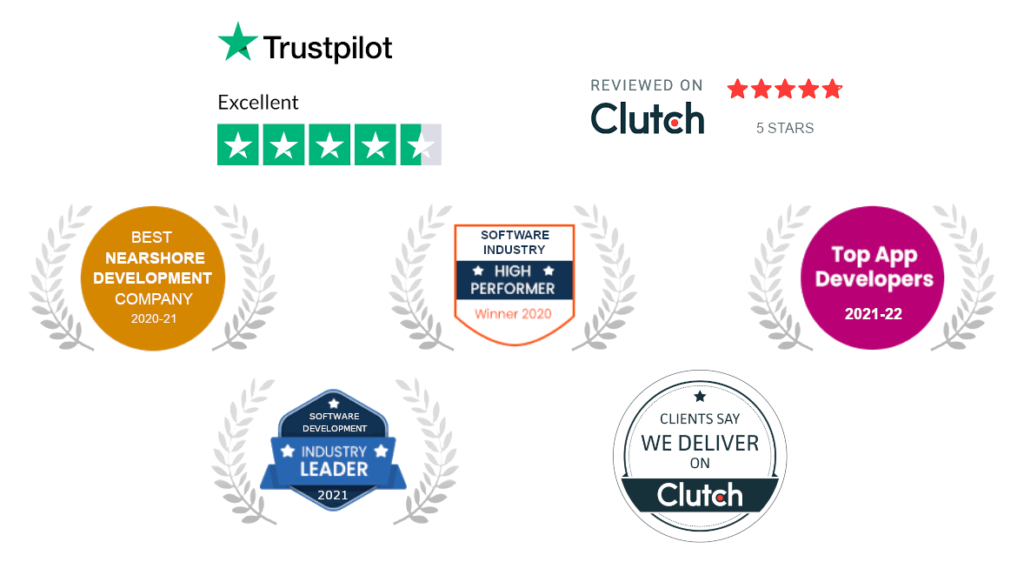
Trusted AI Development Partner
Our experience in developing AI apps and backend systems has taught us the importance of a reliable and high-performing partner. To meet your needs, we offer premium, professional services in the field of AI software development. Don’t hesitate to contact us to start your AI development team today!
How Hire an AI Architect?
The three steps to hiring an AI Architect with us are as follows:
Send us your requirements by clicking on the box below. Make sure you describe the software or data project and what you need in the description.
Receive resumes and conduct interviews with AI Architects. Start shortlisting professionals once the proposals start coming in.
In the requirement description, you will determine the scope of work and the specific type of problems you need an AI Architect to solve in order to complete your project.
In order to get a detailed response, please include the following information:
Provide a list of all the deliverables you will need, from AI Integrations to AI powered APPs to AI data analytics.
Size of the project: Your job post should indicate whether this is a small or large project.
Describe the background you require here if you need experience with certain industries, for instance, finance.
You may prefer hourly rates over monthly pricing.
How much does it cost to Hire an AI Architect?
Costs vary based on expertise, experience, location, and market conditions.
As a result, more experienced AI Architects will command higher fees and produce higher-quality results, work faster, and specialize in a wide variety of areas.
Less experienced AI architects will be able to offer more competitive prices as they gain experience.
Our South American AI Architects have the following hourly rates:
Junior
Prices From- Works to U.S time zones
- No Recruitment Fees
- Vetted Skills & Experience
- Fulltime Working for you
- No Unreliable Freelancers
Intermediate
Prices From- Works to U.S time zones
- No Recruitment Fees
- Vetted Skills & Experience
- Fulltime Working for you
- No Unreliable Freelancers
Senior
Prices From- Works to U.S time zones
- No Recruitment Fees
- Vetted Skills & Experience
- Fulltime Working for you
- No Unreliable Freelancers
Join our team and hire an AI Architect from South America!
Please note that prices for developers vary depending on specific skill and experience requirements.
Choose one based on your project’s details.
What does kind of systems does an AI architect design?
AI Architects design complex systems that incorporate artificial intelligence, machine learning, and deep learning to solve business problems. They often work on projects that involve large-scale data processing, predictive analytics, natural language processing, and computer vision among others.
An example of a system an AI Architect might design is a recommendation system for an e-commerce company. In this case, the AI Architect would design a system where machine learning algorithms are used to analyze customer behavior and purchase history, along with product details, to suggest products that the customer may be interested in.
Below is a simple diagram of how such a system might be designed:
+------------------+ +---------------------+ +-----------------+
| | | | | |
| Customer Data +---->+ Machine Learning +---->+ Recommendation |
| (Purchase History, | Algorithm (e.g., | | Engine |
| Behavior, etc.) | | Collaborative | | |
| | | Filtering) | | |
+------------------+ +---------------------+ +-----------------+
^
|
+------------------+
| |
| Product Details |
| |
+------------------+
In this design, the Customer Data and Product Details serve as inputs to the Machine Learning Algorithm. This algorithm might be something like collaborative filtering, which can predict a customer’s interest in a product based on the behavior of similar customers. The output of the algorithm is then used by the Recommendation Engine to suggest products to the customer.
What interview questions to ask an AI Architect before hiring them?
Can you describe a challenging AI project you’ve worked on and how you overcame those challenges?
This question helps to assess the candidate’s problem-solving skills, and their experience with handling complex AI projects. It provides insight into their approach to overcoming difficulties and achieving goals.
How do you ensure the ethical use of AI in the systems you design?
Ethics in AI is a major concern in today’s world. This question probes the candidate’s awareness and understanding of ethical considerations in AI, including issues like bias, transparency, and privacy.

Which programming languages and AI frameworks are you most proficient in, and why?
This question helps to understand the candidate’s technical skills and preferences. It gives you an idea of their hands-on experience and proficiency in essential tools and technologies.
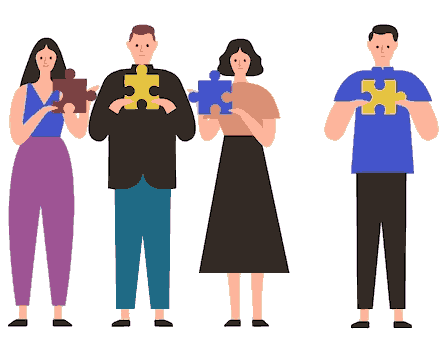
Can you explain a time when you had to communicate a complex AI concept to non-technical stakeholders?
How did you approach it? Explanation: This question assesses the candidate’s communication skills. An AI Architect often needs to bridge the gap between technical and non-technical stakeholders, so it’s important that they can explain complex concepts in an understandable way.
How do you approach designing an AI system to ensure it’s scalable and efficient?
This question gauges the candidate’s understanding of designing AI systems that can handle growth and operate efficiently. It can provide insights into their approach toward aspects like computational efficiency, data handling, and system architecture.
History of AI Architecture
The history of AI architecture in software development is a fascinating journey that has paralleled the growth of computing power and the development of more sophisticated algorithms. From its roots in the mid-20th century, when the very concept of artificial intelligence was first mooted, AI architecture has evolved to become a cornerstone of modern software development.
The Early Years: Symbolic AI and Rule-Based Systems
In the mid-20th century, the first AI systems were rule-based, relying on symbolic AI. These systems were designed to mimic human intelligence by following pre-set rules. The architecture of these systems was relatively simple and lacked the complexity of modern AI systems.
The Emergence of Machine Learning
With the advent of more powerful computers and the development of new algorithms in the 1980s and 1990s, machine learning emerged as a new paradigm in AI architecture. This shift marked a move away from rule-based systems towards models that could learn from data.

Deep Learning and Neural Networks
The explosion of data in the early 21st century, coupled with further advancements in computing power, led to the rise of deep learning. This involved the development of neural network architectures that could learn from large amounts of data, leading to breakthroughs in fields like image recognition and natural language processing.
The Present and Future: AI-First Architecture
Today, AI-first architecture is becoming a standard in software development. This approach puts AI at the center of system design, reflecting the growing importance of AI in delivering personalized, efficient, and powerful software solutions. As we look to the future, AI architecture will continue to evolve, driven by advances in quantum computing, the growth of edge AI, and the ongoing quest to develop artificial general intelligence.
Do you need to hire an AI architect for your AI Software Development project?
In the rapidly evolving world of AI software development, ensuring that your project is built on a strong foundation is crucial. This is where an AI Architect comes into play. They bring a unique blend of skills and expertise to the table, making them an indispensable part of any AI-driven project. Let’s dive deeper into why an AI Architect can be the linchpin of your software development project.
Ensuring Scalability and Efficiency
One of the greatest challenges in AI projects is ensuring they are scalable and efficient. An AI Architect can design systems that are built to handle growth and operate efficiently. By employing strategies such as efficient data pipelines, appropriate model selection, and effective utilization of hardware resources, an AI Architect can ensure your project is built to last and perform optimally.

Bridging the Gap between Technical and Non-Technical Stakeholders
AI concepts can be complex and hard to understand for non-technical stakeholders. An AI Architect, with their blend of technical expertise and communication skills, can bridge this gap. They can translate complex AI concepts into understandable terms, helping to align the project with business goals and ensuring everyone is on the same page.
Guiding Ethical and Responsible AI Development
With the growing use of AI, issues around ethics, transparency, and privacy are becoming more important. An AI Architect can guide the responsible development and use of AI in your project. They can ensure that ethical considerations are not an afterthought but are embedded into the system design from the start.
An AI Architect brings a wealth of expertise and a holistic perspective to your AI software development project. Their role ensures that your project is not only technically sound but also aligns with business goals, is scalable, efficient, and ethically sound. So, if you’re embarking on an AI-driven project, investing in an AI Architect could be one of the most important decisions you make.
Why hire an AI Architect from South America with us?
Our company provides experienced AI architects at affordable prices as a leading Nearshore Technology Solutions provider. With high-performance, scalable solutions in AI staffing, we aim to provide the best service to our clients.
With our AI experience and system design expertise, we accelerate or rescue AI development projects. It is our goal to create lasting value throughout the development of your project and beyond.
We’ve matched over a hundred AI architects with great teams in more than 100 startups and tech companies around the world.
You will find that our AI Architects become devoted members of your team, fully integrating into your business and helping to reach your goals.
Every AI Architect we supply goes through a vetting to verify their English communication abilities, remote work readiness, and technical skills (not just for AI and software architecture but for a breadth of knowledge in software development and computer science as well).
Lower Rates
It is common for companies to outsource in order to reduce costs. Using AI architects from outside of the U.S. is more cost-effective. Additionally, you will see a significant reduction in overall employment costs. Taxes, benefits, redundancy liabilities, and office space won’t be an issue.
Grow Fast
In the AI industry you can gain a competitive advantage by expanding and downsizing quickly. When you hire South American AI architects from us, you can scale up or down as you need in a cost efficient awy.
An Experienced Partner
By outsourcing AI Architects with us, you are entrusting your project to an organization with extensive experience helping businesses successfully integrate AI. With our team on board, you can rest assured that your AI project will be completed on time and on budget.
What kind of systems do AI Architects design?
AI Software Architects design intricate systems that utilize artificial intelligence to solve complex problems and enhance efficiency. They construct machine learning models, which use algorithmic structures to learn from data and make predictions. These models could range from simple linear regression to complex neural networks used in deep learning. They also design natural language processing systems, enabling machines to understand human language, and computer vision systems, which interpret and analyze visual data. AI architects can also build robotic process automation systems to automate repetitive tasks, and recommendation systems that provide personalized suggestions based on user behavior. Their designs also extend to predictive analytics, where AI is used to forecast future trends. Ultimately, the systems designed by AI architects are tailored to meet specific needs, and are characterized by their ability to learn, make data-driven decisions, and improve over time.
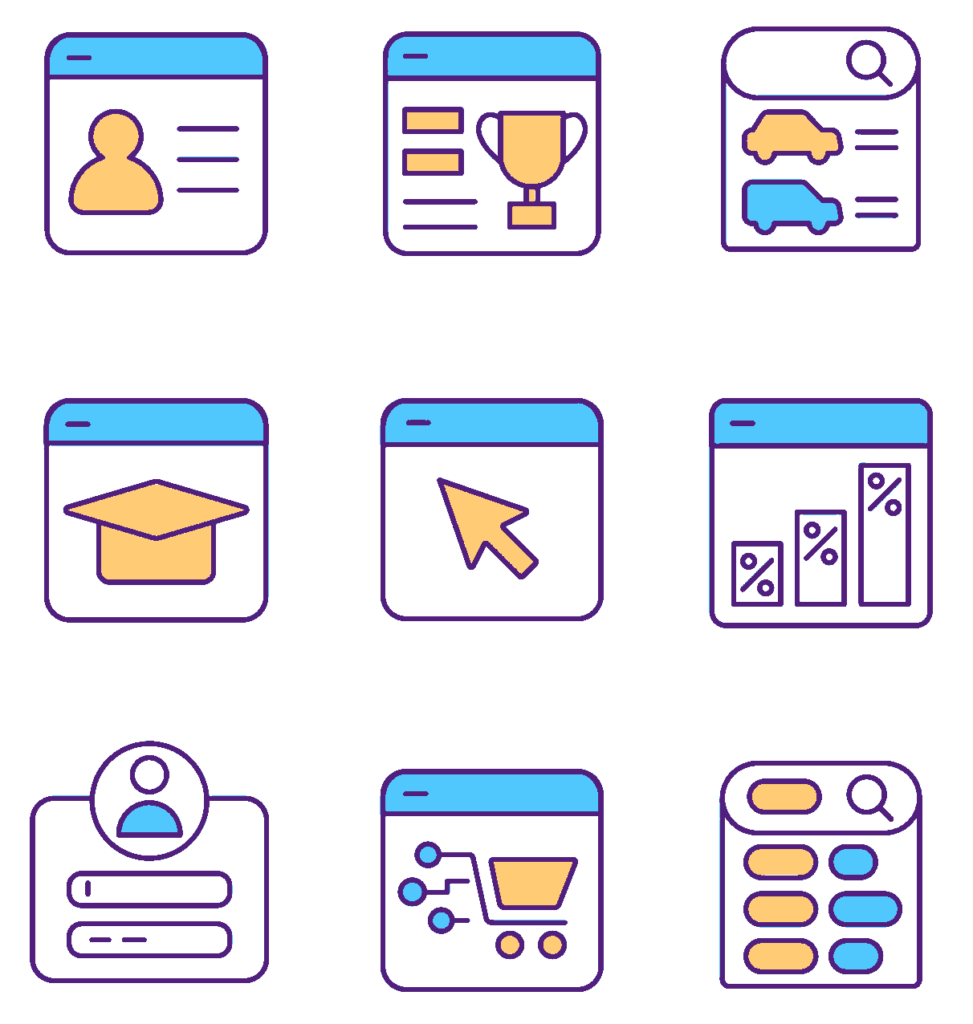
- Predictive models for future trend forecasting.
- Recommendation systems for personalized user suggestions.
- Robotic process automation for task efficiency.
- Natural language processing for customer interaction.
- Computer vision systems for image analysis.
- Machine learning models for data-driven insights.
How do we test an AI Architect before hiring them?

As an AI outstaffing company, we deeply value the expertise and skills our AI Architects bring to our clients’ projects. Testing an AI Architect before hiring is a crucial step in our selection process. Initially, we evaluate their academic qualifications and work experience to get an insight into their technical prowess.
We conduct in-depth interviews to gauge their understanding of AI principles, their ability to design efficient, robust and scalable AI systems, and their proficiency in AI-related software and languages. A practical test follows, where the candidates demonstrate their skills by designing AI solutions for real-world scenarios. This helps us assess their problem-solving capabilities and creativity.
Lastly, the ability to communicate complex AI concepts in simple terms is evaluated, as it is essential for liaising between technical and non-technical stakeholders. This rigorous testing ensures we onboard AI Architects who are not only technically proficient but also align with our commitment to client success.
How do you efficiently manage AI Architects after you hire them?
Efficient management of AI Architects after hiring is crucial to ensuring the successful implementation of AI solutions and maximizing the productivity of these highly skilled professionals. Here are some strategies to consider:
Clear Communication of Goals and Expectations
It is crucial to ensure that AI Architects understand the business objectives and their role in achieving them. Regular meetings and open channels of communication can facilitate this understanding.

Promote Collaboration and Teamwork
AI Architects often need to work with other team members, including data scientists and software engineers. Encouraging collaboration can lead to more innovative and effective solutions.
Foster Continuous Learning
The field of AI is constantly evolving. Providing opportunities for ongoing learning and professional development can help AI Architects stay up-to-date with the latest technologies and techniques.
Recognize and Reward Performance
Recognizing the efforts and achievements of AI Architects can boost morale and motivation, leading to increased productivity.
Encourage Autonomy
Given the complexity of their work, AI Architects can benefit from having the freedom to make decisions and solve problems in their own way. Providing them with autonomy can foster innovation and efficiency.

How long do AI Architects remain in jobs?
An AI Architect in the US stays in the job between 1.9 and 3.1 years, with larger companies tending to keep their workers for longer. Brazilians spend on average between 2.2 and 4 years in the job, with those in Sao Paulo spending the least time. In the past, it wasn’t unusual for someone to spend their entire career at one company.
AI Architects who are experienced with AI and software architecture may switch jobs relatively quickly, seeking new opportunities and more money, since such longevity is no longer common. With a low unemployment rate, there is a desperate need for AI pros with AI, software design, and other critical skills in this market. We provide perks to attract and retain top talent by communicating with them.
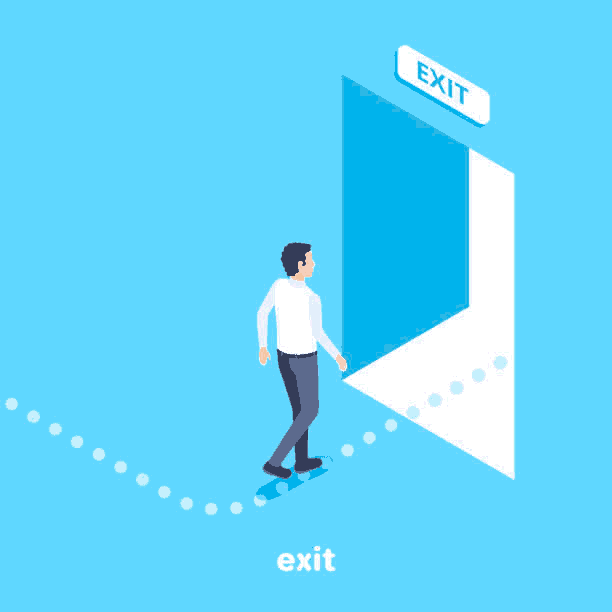
Frequently Asked Questions (FAQs)
Our AI development services are trusted by hundreds of startups and tech companies worldwide, and we have matched over a hundred skilled AI Architects to great development teams in the US, UK and Canada. Every AI Architect in our network goes through a vetting process to verify their communication abilities, remote work readiness, and technical skills, both for depth in AI and breadth across the greater software architecture domain.
An AI Architect can define the AI strategy for your project, design AI solutions, and oversee their implementation. They can help you leverage AI technologies to meet your business objectives, ensuring that your software is scalable, efficient, and robust.
An AI Architect typically begins by understanding your business objectives and technical requirements. They then design the AI architecture, select the appropriate AI technologies and frameworks, and oversee the implementation of the AI components. They also collaborate with other team members and stakeholders, and continuously monitor and update the AI systems as needed.
Our headquarters are in Sao Paulo, Brazil. We have clients from all over the world. We have successfully collaborated with companies in North America, Asia, the Middle East, and Europe. A good understanding of each client and excellent English communication skills help the process run smoothly.
We can work with you to scale the team down as needed and make sure you have the correct skills required for each project phase.
An AI Architect should have a strong background in computer science or a related field, along with experience in AI, machine learning, data science, and software development. They should also be familiar with AI frameworks, cloud services, programming languages, and system design. In addition, good communication and problem-solving skills are essential.
